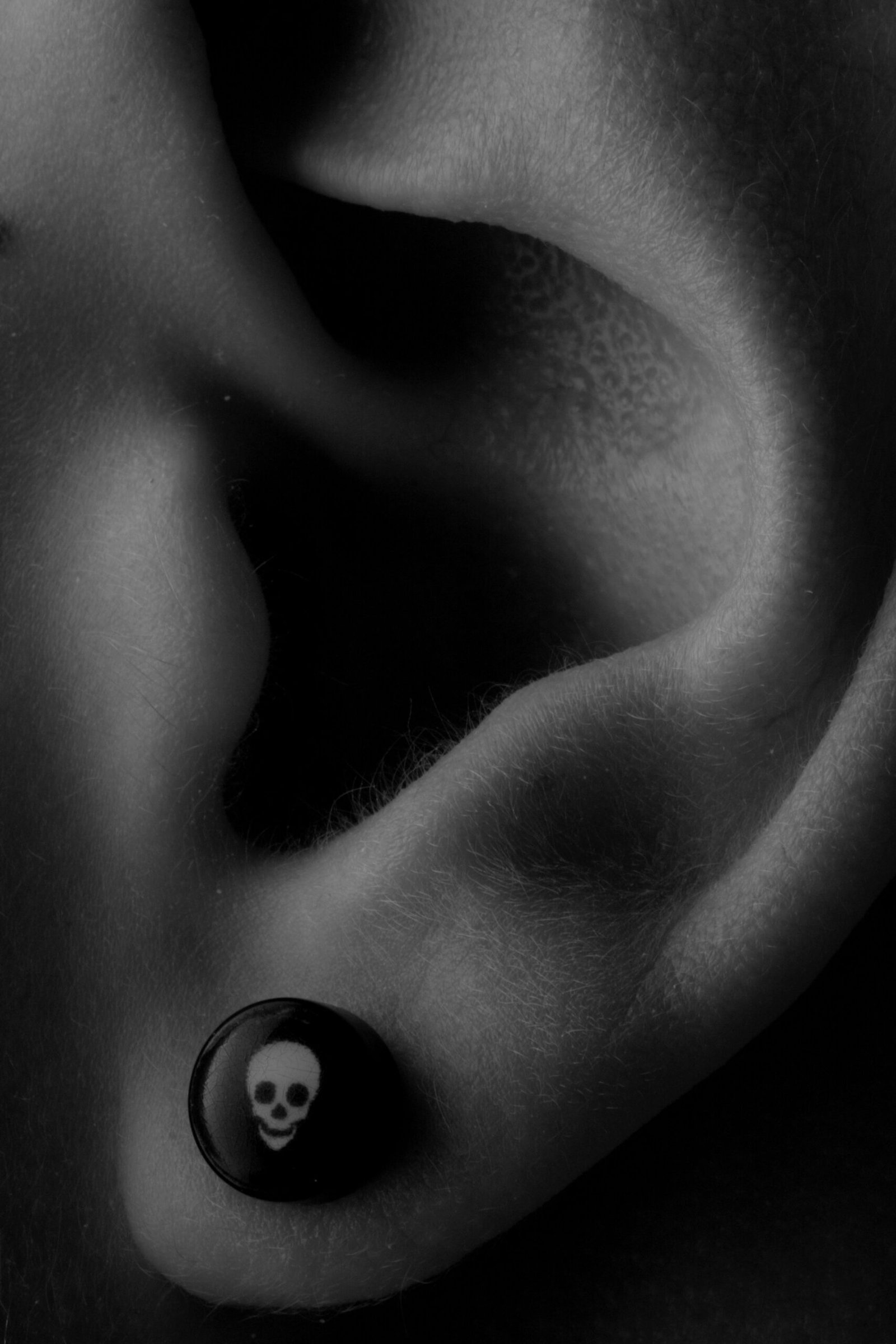The Role of Ears Beyond Hearing
Have you ever wondered what would happen if there were no sound? Would we still need our ears? This question might sound a bit outlandish, but it opens up a fascinating discussion about the multi-functional nature of our ears.
Balance and Orientation
First and foremost, our ears are not just for hearing. They play a crucial role in maintaining our balance and orientation. The inner ear contains the vestibular system, which helps us keep our equilibrium. Without this, simple tasks like walking or even standing straight would become incredibly challenging.
The Subtle Art of Non-Verbal Communication
Moreover, ears contribute to our ability to perceive and interpret facial expressions and non-verbal cues. While this might not be as direct a function as hearing, the presence of ears can enhance our social interactions by providing context through body language.
Aesthetic and Evolutionary Perspectives
From an aesthetic standpoint, ears contribute to the symmetry and overall look of the human face. Evolutionary biology also suggests that ears have served as indicators of health and vitality, playing a role in social and sexual selection. Even in a world without sound, these factors would still be relevant.
So, while the primary function of ears is to hear, their role extends far beyond that. In a hypothetical silent world, ears would still be essential for balance, social interaction, and even our aesthetic appeal. Who knew these little appendages could be so versatile?
